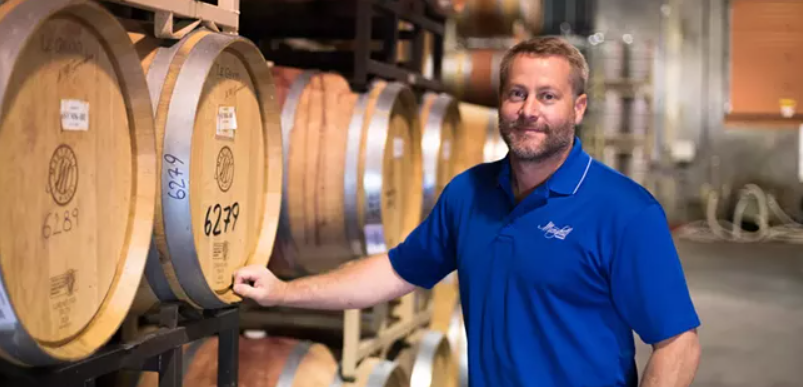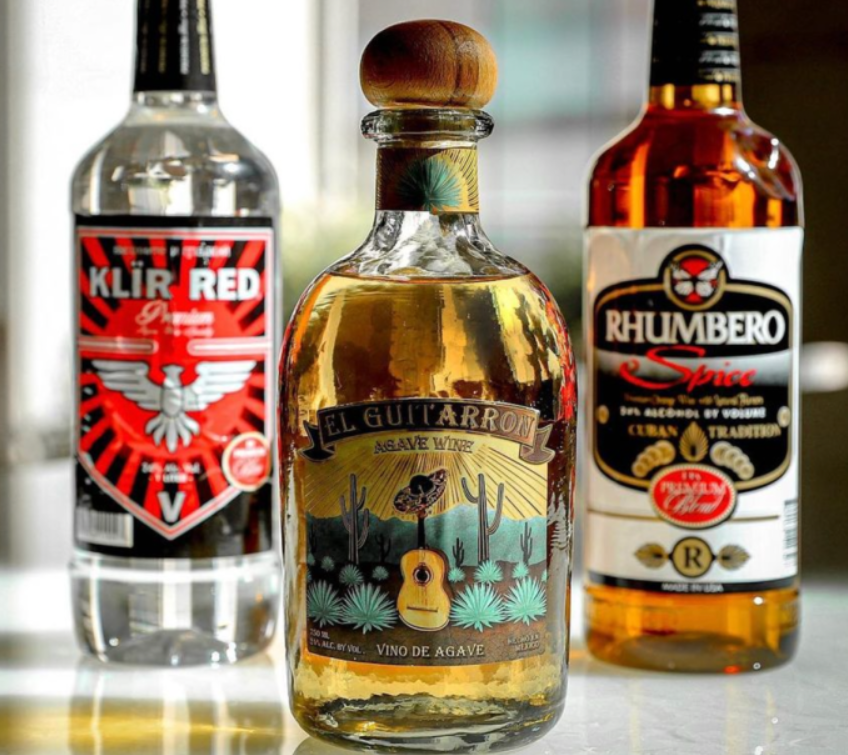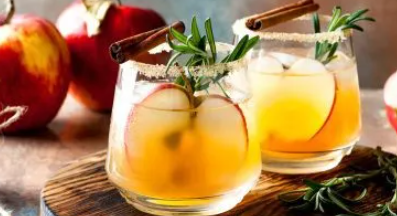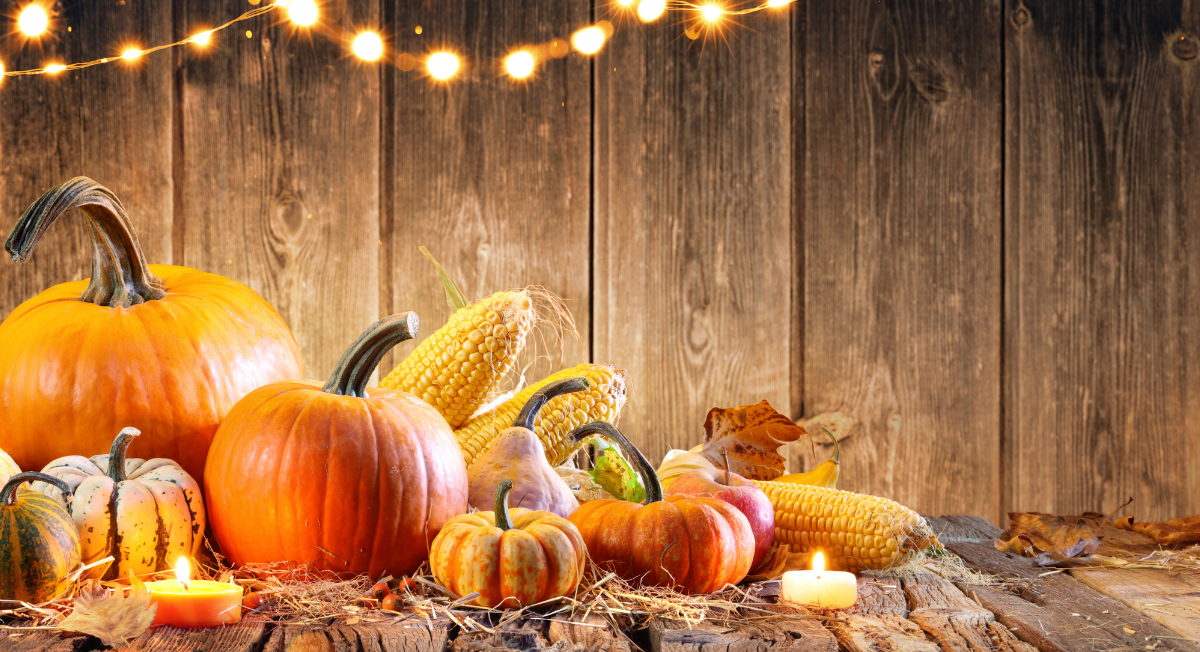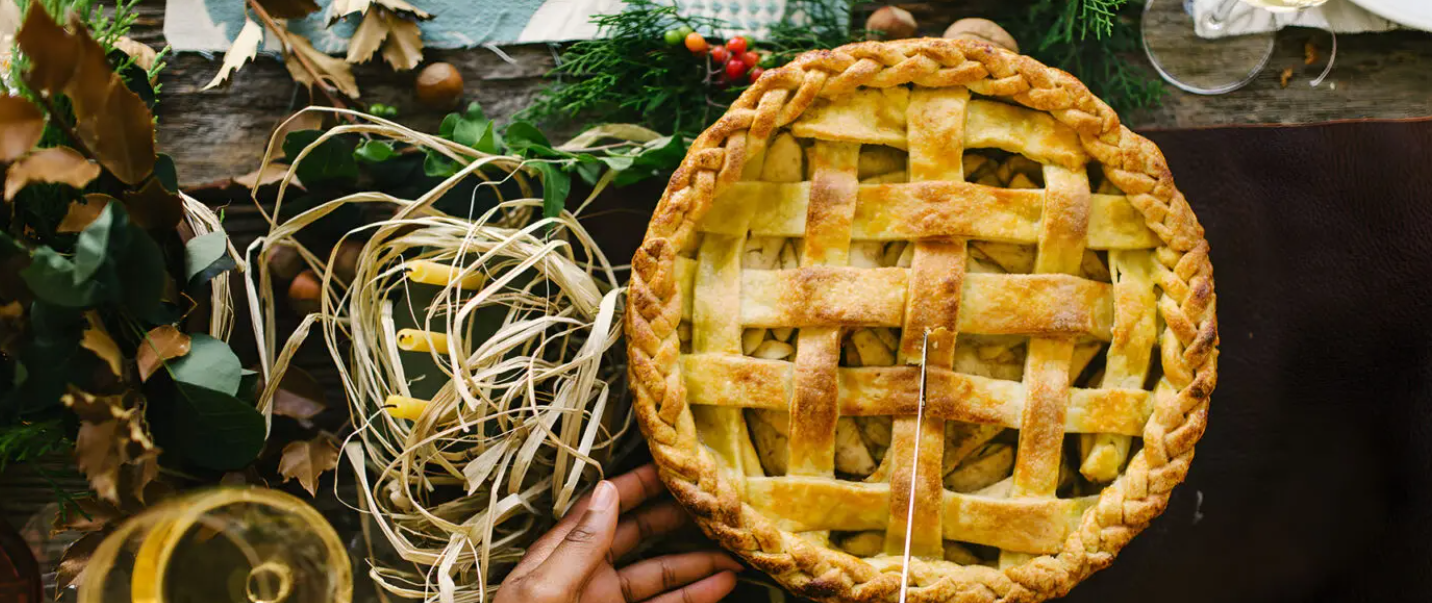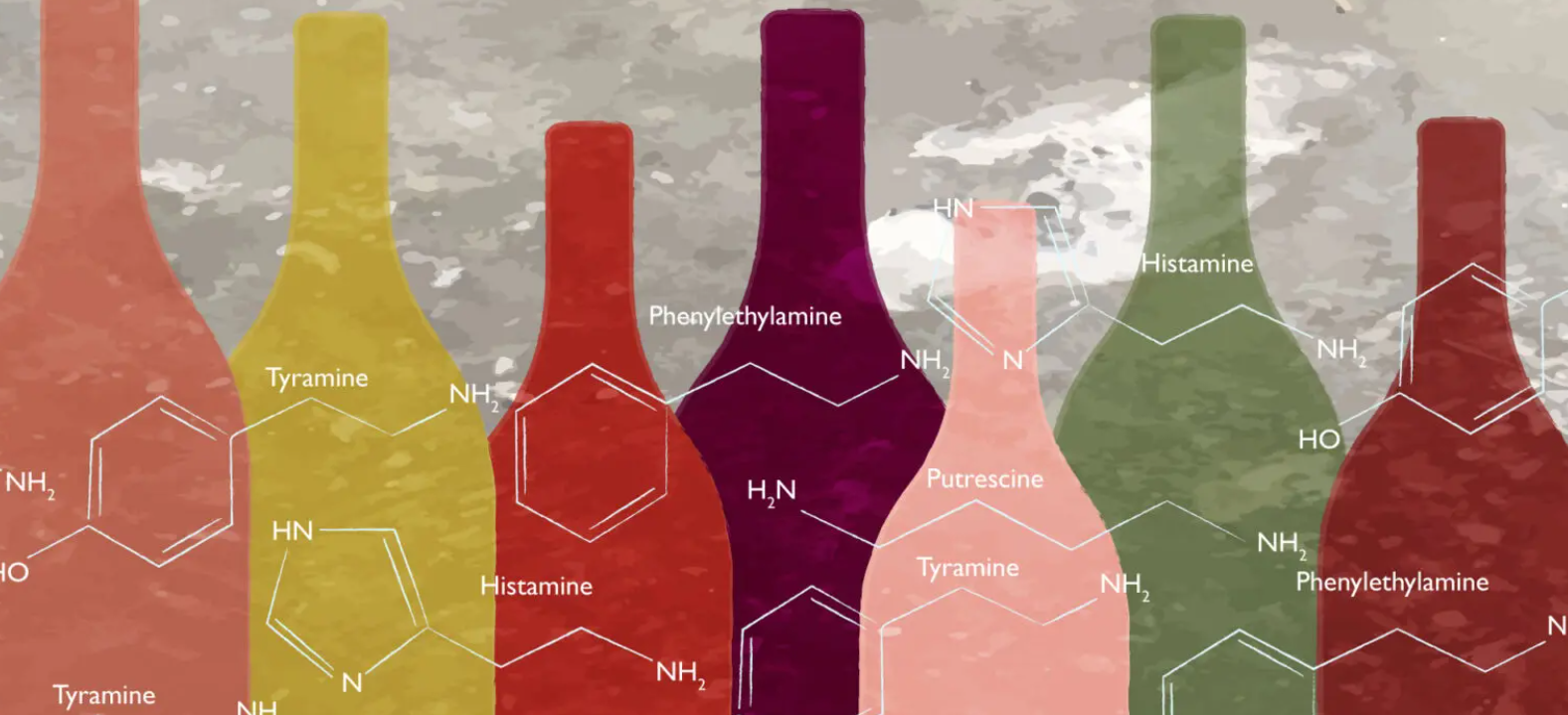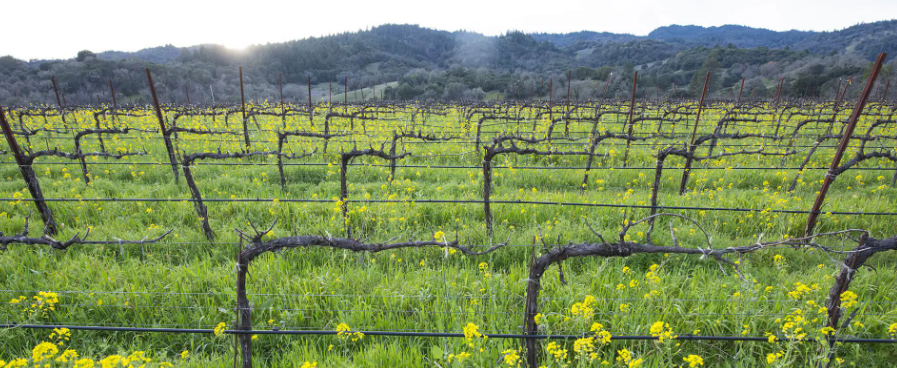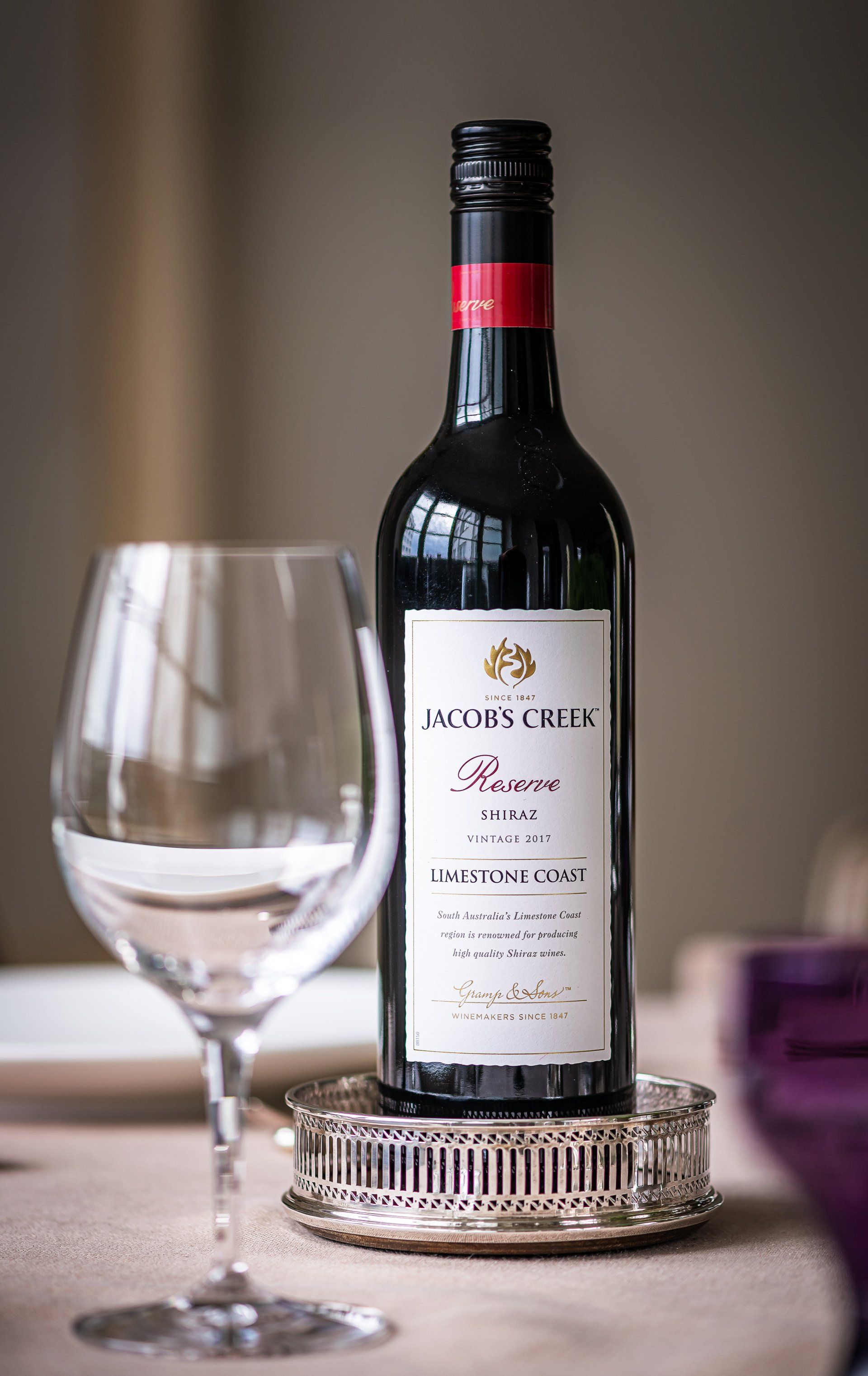
Slide title
Write your caption hereButton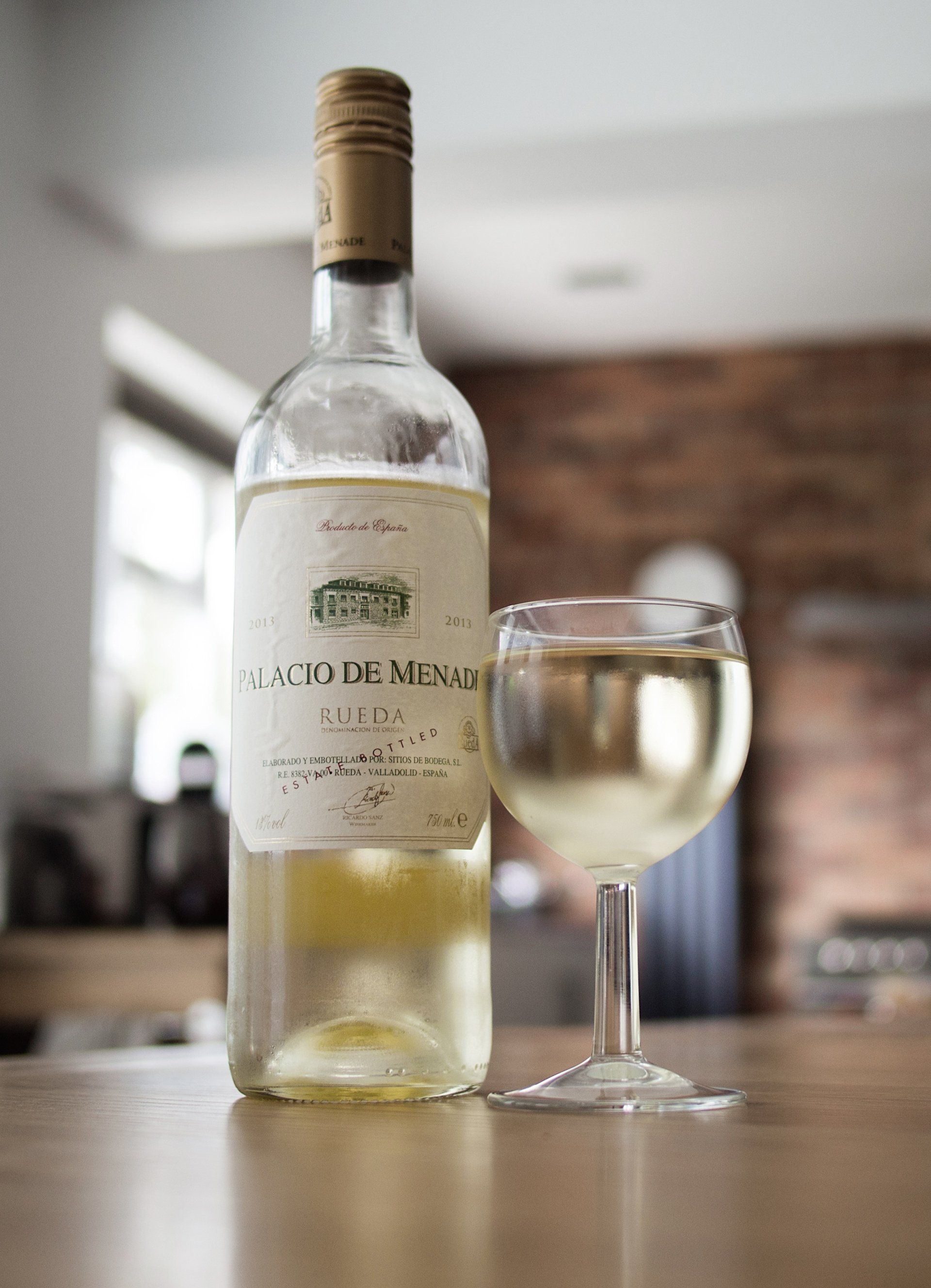
Slide title
Write your caption hereButton
Slide title
Write your caption hereButton
6 tips to get the most out of a wine tasting room visit
Article from Wine Enthusiast by Rebecca Toy, published on February 8, 2022

Going to your first wine tasting at a winery can be both exciting and intimidating. For those new to the industry, it can seem like expertise or even pretension is required to enter the world of wine.
But knowledge can calm any pre-tasting jitters. And tasting rooms have common etiquette that you can follow. Here, experts share tips and important aspects to keep in mind to help you step boldly up to the counter.
1. Choose the Right Location for Your Tasting Goals
Matching the right setting to your group’s expectations is one of the most important and overlooked factors to a successful tasting. Elizabeth Schneider, podcast creator and author of Wine For Normal People, encourages you to plan.
“If you’re with people who are there to slam down glasses of wine, or people who just want to sit and drink, then there are places more amenable to that,” she says. “They will be large places, massive tasting rooms where people won’t even notice.”
However, large tasting halls might not be ideal if you really want to learn about what’s in your glass.
“If you’re truly interested in learning, peel off from those people and go find one or two small producers,” says Schneider.
2. You should be invited to ask questions
The wine industry is full of professionals passionate about their craft. The majority are hoping to introduce you to the product they’ve poured effort into, and they understand that wine comes with a language you may not know.
“You should be able to walk into a place and ask questions and not feel intimidated,” says Nicki McTague, president of The Infinite Monkey Theorem, an urban winery in Denver. “You can ask our bartenders any question. Wine was meant to be enjoyed and we want to find what tastes good to you.”
Schneider encourages you to push past the nervousness while knowing your boundary. “Don’t get discouraged; it’s uncomfortable not to know things. But it is not okay to feel like you can’t ask. So, if a tasting room feels like that, just walk out. There are usually 20 others down the road.”
3. What to expect in the tasting room
A tasting consists of paying for a set number of samples. The tasting room staff will walk you through the options, introducing you to the different grape varieties and their characteristics. You’ll try each in a suggested order, with more information at each pour. Some tastings can include tours of a vineyard, cellars or production areas.
Schneider reminds those going to tastings to avoid the “guilt buys” at the end. “I tell everyone this—you’ve already paid. You’re under no obligation if you don’t like it.”
4. Know some basic wine language
Entire courses and books cover the language that comes with tasting wine. For your first tasting, know the basic phrases that describe what you see, smell and taste.
“We want to help you with the tasting notes, why you’re smelling certain things, why you’re taking certain things in. But at the end of the day we want you to love what you’re drinking,” says McTague.
Taste buds pick up sweet, savory, salty, sour and bitter. These and other already familiar words used with wine are good starting points for beginners. Others include acidic, dry, creamy, light, medium and heavy.
Look for colors and clarity. Then swirl your glass and sniff. The range of aromas is wide—fruity, earthy, spicy and more. People notice different smells and tend to grow their range as they practice.
“All you have to do is get more tastes and aromas in your memory bank. Go to the grocery store and smell the fruit, vegetables and spices,” says Catherine Bugue, director of education at the Napa Valley Wine Academy.
5. How to spit and swirl confidently
Bugue says that after the lingo, swirling and spitting cause beginners the most angst. Her top tip for both—practice at home.
“Swirling does help the aromas rise. If you’re not comfortable, swirl it lightly on the table instead of in the air where you may not be able to control the liquid. If it spills a little, embrace it. You’re learning!”
Spitting wine is important because you can’t have a nuanced tasting if intoxicated. It’s also an acceptable way to move on from something you’re not loving.
Bugue advises you not to hesitate, avoid backsplash and keep a tissue handy.
6. Remember, wine is fun
Ultimately, while there is so much to learn about wine, you don’t have to be an expert. “I don’t want everybody to think that to appreciate wine is to have to deep dive into it,” says Bugue.
And you don’t need to be posh. “Remember the producers are down-to-earth farmer types,” says Schneider. “I think it always pays to remind a [new wine drinker] that wine is farming. Would you be afraid if you went to a strawberry farm to talk to the farmer about their strawberries? It’s a New World concept to separate the farmer from the winemaker.”
All of the experts encourage you to trust yourself.
“Forget everything else that comes with it [and] find what you like,” says McTague. “It doesn’t have to have a score associated with it or be something you’d heard of or can even pronounce. And it’s not going to happen in the first step. And that’s okay. Enjoy it.”
Article from Wine Enthusiast, published on February 8, 2022
All Rights Reserved | Vine Importers LLC

